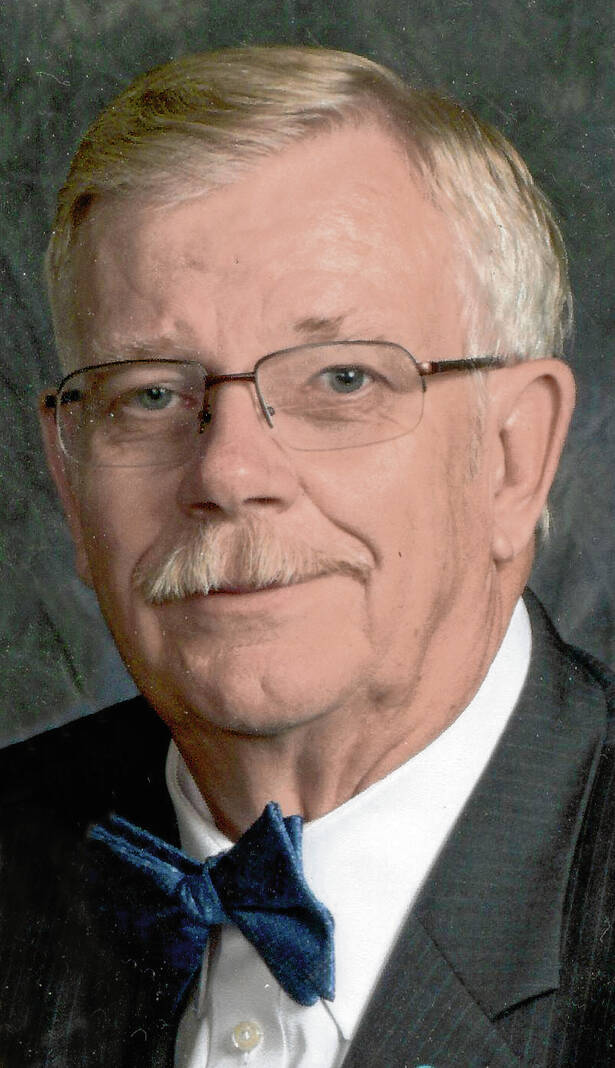Each month a handful or two of conservative friends gather to discuss a predetermined topic chosen the previous month. We have the conceit of calling our group Socratic, but I suspect Socrates would not grade us favorably should he chance onto one of our meetings.
We do try to use the Socratic method, though, mainly by timing each speaker to a limit of three minutes and preventing interruptions. We theoretically come prepared by contemplating the month’s provocation and several suggested Socratic questions. We also receive a reading list of news reports, journal articles and topical books. Follow-up questions are prioritized over opinions.
It works, sort of, as we all leave amicably and better informed on the topic of the month.
In June, we considered the question of whether it is possible for a return to Reaganism without Ronald Reagan’s personal leadership. Can we have Reaganism without Reagan?
We began with an attempt to define what is meant by Reaganism. We all lived through his presidency and were supportive both of his substance and of his style. We acknowledged that our recollection of an idyllic time four decades ago may be enhanced by the human predilection to wallow in nostalgia.
So what stood out with Ronald Reagan? We came up with a rather long list but it can be distilled into these three character traits: his resoluteness in defending his principles, his optimism about the future of America and his ability to communicate his vision to the voting public.
Reagan had a real-world education in the struggle between liberty and tyranny when he served as president of the Hollywood actors union. He refined this education during his tenure as an itinerant speaker for General Electric, developing principles that were not simply political stances but the bedrock foundation of what he believed. His presidency was one of standing firm on principles but willing to compromise on the details.
He believed that America’s love of liberty would triumph over the evil empire of the Soviet Union.
Almost no one else, including many in his administration, thought we could win the Cold War.
Their strategy of playing for a tie, known as mutually assured destruction, was abhorrent to Reagan. He knew we could win and never wavered.
How he maintained his optimism against all those naysayers is beyond my ability to understand. But he did. Anyone with an open mind could not help but listen to him and feel spirits uplifted during those dark times. It was “Win one for the Gipper” writ large.
Americans were ready for someone who gave us pep talks. His 1984 reelection theme of “It’s morning again in America” said it well. He won by a landslide.
Yes, he was the president of the United States. Yes, he was a Hollywood actor. Yes, he owned a valuable ranch in southern California. Yet none of these were a source of disconnect for middle America. He had a preternatural understanding of how we think and an uncanny ability to convince us that he was with us.
What stands out with Ronald Reagan was his character. In fact Peggy Noonan’s history of the Reagan presidency was entitled “When Character Was King: A Story of Ronald Reagan.” He said what he believed and it clearly came from his heart. He didn’t pander to our basest instincts. Those to the left of him in ideology could disagree with his political philosophy and with his legislative agenda but they couldn’t dismiss him; he was just too hard to dislike after getting to know him. Political opponents, including an initially antagonist D.C. media, soon realized that. Reagan was charming in person and eloquent in public speaking. His sense of humor was one not seen in the White House since John Kennedy.
One example of the his genuine humanity was his relationship with Speaker of the House Tip O’Neill. Someone who relied on newspaper headlines or 30 second TV sound bites can be forgiven for thinking they were implacable foes. They certainly had their differences but still maintained a civil personal relationship, one that clearly was based on friendship.
The story is well known how Reagan would phone the Speaker’s office after the House adjourned to invite O’Neill to stop by the residence, the second floor of the White House used by the First Family as their private quarters. A cocktail or two and who knows how many political deals were cut.
Compare this relationship with that between Donald Trump and Nancy Pelosi and one can only despair how far civility in Washington … and elsewhere … has fallen.
I’m a conservative, so I can be excused for fondly looking back to the good old days. I miss Ronald Reagan’s resolution, optimism and humor. And I don’t expect to see this trifecta repeated in the 2025 White House.
Mark Franke, an adjunct scholar of the Indiana Policy Review and its book reviewer, is formerly an associate vice-chancellor at Indiana University-Purdue University Fort Wayne. Send comments to [email protected].





